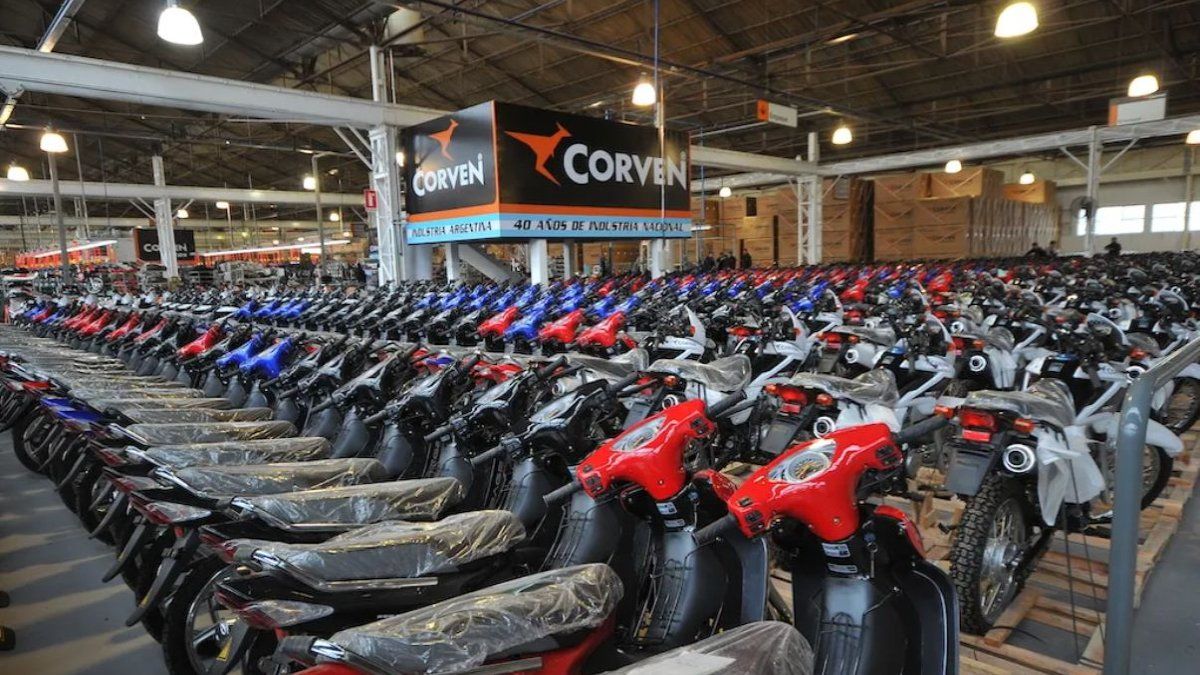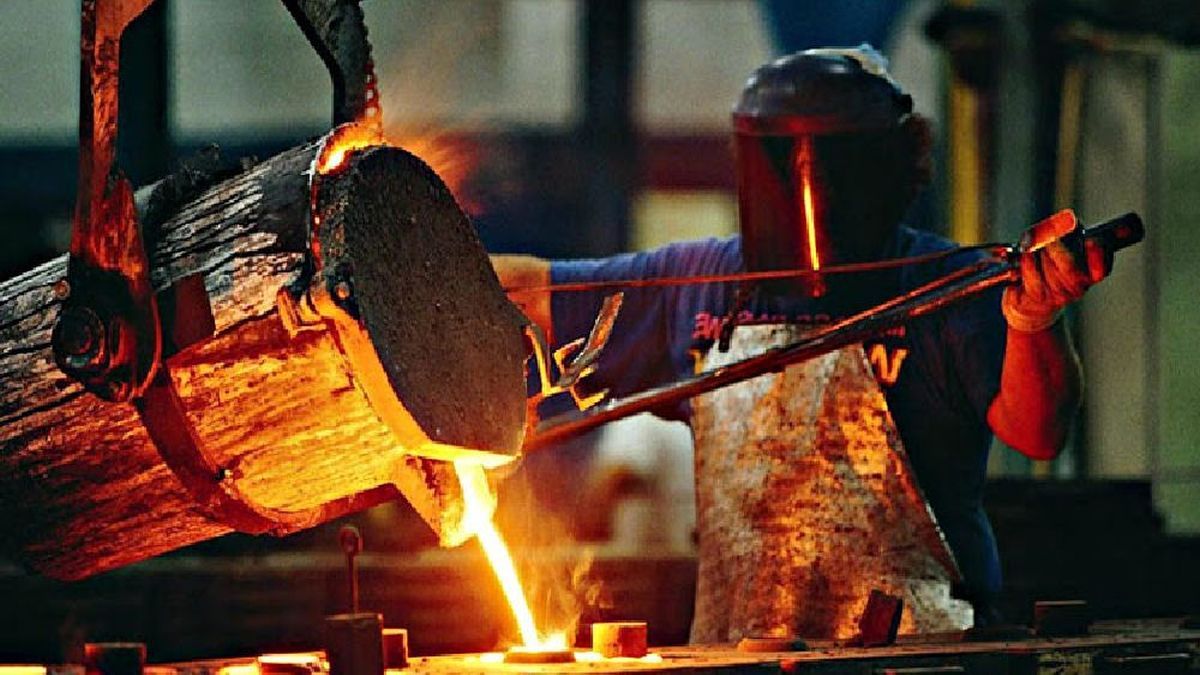Carrera stressed that “the more that not only the accumulation of reserves is consolidated, but also the trade surplus and the current account surplus, the stocks can be liberalized.”
In radio statements, he recalled that the restrictions to operate in the foreign exchange market have been lifted for those companies that increase their exports: “On a percentage of the total exported, they are free to turn profits,” he said. And he clarified that the liberalization of the restrictions on the dollar will not reach “speculative” activities.
Regarding the agreement with the IMF, Carrera explained that it is basically “a new credit to pay the credit that had already been granted in 2018”, while indicating that “the Fund does not refinance, but rather grants new loans “.
“Now, Argentina will start paying the IMF only in 2026 and until 2032. It is very likely that in 2026, since the debt with the Fund will be the same, it will be easier to refinance it, because the Argentine economy will be, by then , 20% larger than the current one,” he said.
The official insisted that the main objective is to accumulate reserves, but also highlighted the need to reduce the monetary issue, as part of the agreement with the Monetary Fund.
Regarding interest rates, he pointed out: “We are not planning to raise them disproportionately as the previous government did. We are going to see that the remuneration of savings in pesos beats inflation”
Source: Ambito
David William is a talented author who has made a name for himself in the world of writing. He is a professional author who writes on a wide range of topics, from general interest to opinion news. David is currently working as a writer at 24 hours worlds where he brings his unique perspective and in-depth research to his articles, making them both informative and engaging.




